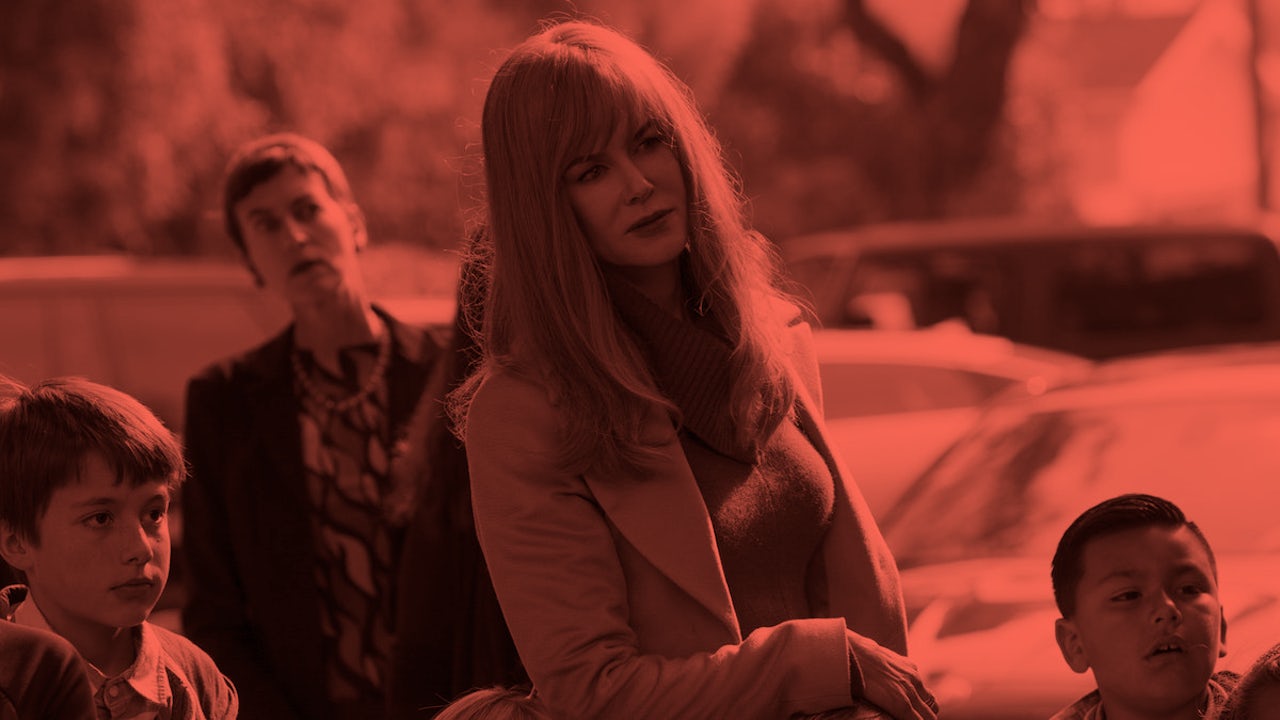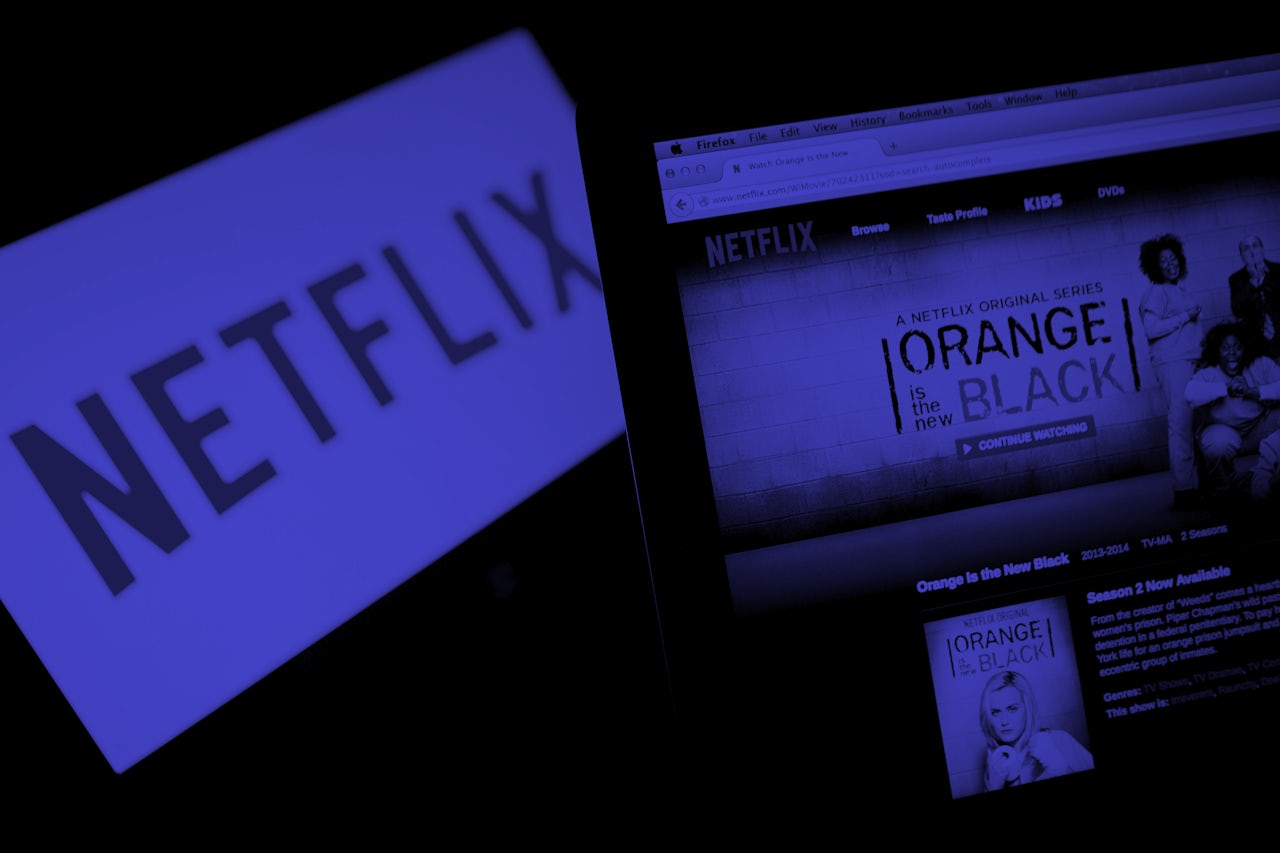You don’t necessarily have to fall in love with the characters from HBO’s latest series, Big Little Lies, to get hooked. The limited-run program, starring Reese Witherspoon, Shailene Woodley, and Nicole Kidman, is based on a 2014 novel by the same name, and like a number of HBO’s recent endeavors, it’ll all be over in a few weeks. Unlike the ostensibly endless seasons of Netflix originals like House of Cards and Orange Is the New Black, HBO — which launched its standalone streaming platform HBO Now two years ago — is betting on one-off series like The Young Pope and The Night Of to get viewers locked into the service. And so far, it appears to be working.
Big Little Lies is set in a serene suburban town where the residents know everything and nothing about each other’s lives. When a single mother named Jane Chapman (Woodley) who has a mysterious past moves to town, she quickly befriends the community’s most influential women. After rescuing Madeline Mackenzie (Witherspoon) following an embarrassing tumble, the two share a cup of coffee with Celeste Wright (Kidman), and Chapman ominously describes feeling as if she's not really there, but merely observing this perfect little community. The first episode nicely establishes the central focus of the series — an unexplained murder that we think happened during the town carnival — by playing with the narrative’s timeline, flipping between moments in the future, the past, and the present a-la Westworld. It’s a classic whodunit that'll surely keep audiences engaged if for no other reason than to find out who dies. It’s a formula that works well for a traditional network like HBO. Instead of ordering multiple seasons of a show the way Netflix does with many of its originals, HBO commits to telling a story in seven episodes, like an extended film spread out over time.
A relic of traditional broadcast networks, which ran miniseries like Roots and Stephen King’s It as a way of creating “events” around programming, HBO’s limited-run programs efficiently leverage the fact that HBO is now both a TV network and a streaming platform. Earlier this year the network premiered the much-buzzed-about miniseries The Young Pope, which the network says garners an average of 4.7 million viewers across linear and digital platforms per episode, a modest success considering the show’s minimal marketing. Last year’s The Night Of proved to be a breakout hit for the network, garnering around 7 million viewers each episode. HBO’s miniseries appear to be hitting a stride. As opposed to investing in a story that could go on for years, audiences are picking up on smaller-scale stories that have all of the addictive nature of a multiple-season show, but less of the commitment. The mystery of Big Little Lies will unfold over the next seven weeks instead of a foggy seven hours spent in front of your laptop all at once. Even if the series is a letdown, as many believed The Night Of to be, having one season and spreading it out over time makes the disappointment less acute. You will never get back the day you spent hate-binging the first season of the awful Netflix series Travelers, for example, but a few Sunday nights are much less consequential.
HBO launched HBO Now in March 2015 and quickly saw encouraging growth. Just nine months into its existence, the platform had close to 1 million subscribers. As of this month, HBO Now has over 2 million paying subscribers in the U.S. alone. The move on HBO’s part to begin offering standalone subscriptions for its content has been followed by a number of similar networks, like Showtime and CBS, but HBO so far appears to be the most successful. CBS, which owns Showtime, hasn’t released any subscription data for its services, but it told analysts last year that it hopes to have 4 million subscribers on both services by 2020. HBO is already halfway there.
All of this comes without relying on the binge-watching model that early streaming platforms like Netflix and Hulu were built on. HBO’s deep catalog of old shows and movies, as well as a solid offering of news shows like Last Week Tonight and Vice’s two programs, create a good enough reason to check in on the site regularly, an advantage over Netflix’s more static offerings that update monthly.
For its part, Netflix recently assuaged concerns that subscriber growth had plateaued, adding 5.1 million new international subscribers in the fourth quarter of 2016. But that doesn’t mean the competition isn't revving up. As HBO continues its own healthy growth in subscriptions — not to mention the millions of cable packages it is included in — it’s not hard to imagine the network developing a significant competitive advantage over the streaming behemoth. Part of that advantage, it seems, will be building on the things traditional TV does well, and if the first episode of Big Little Lies is any indication, there’s plenty to work with.

